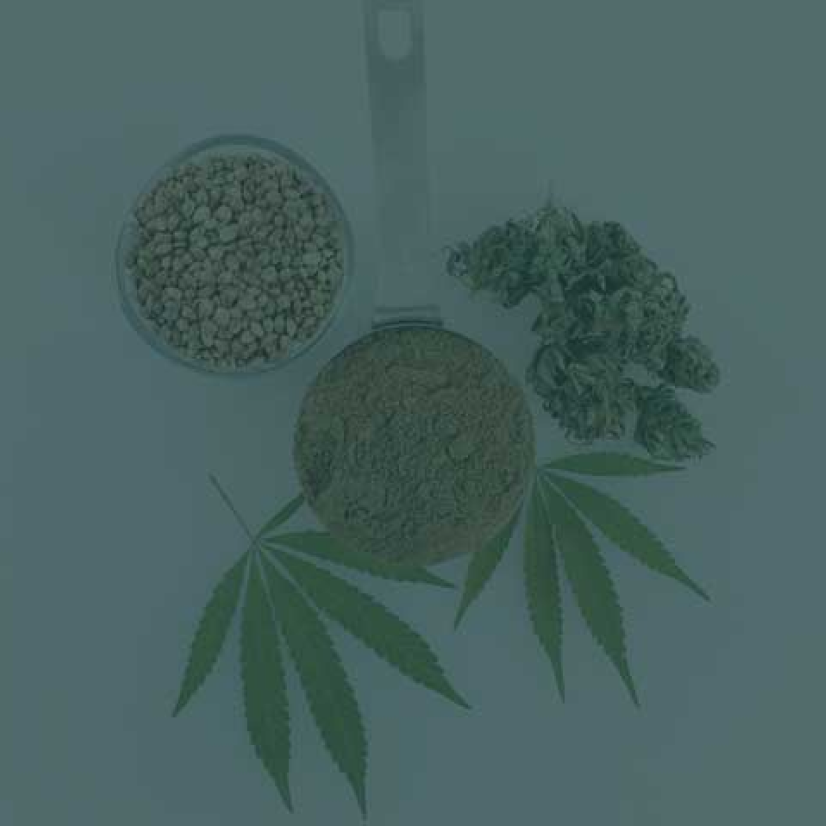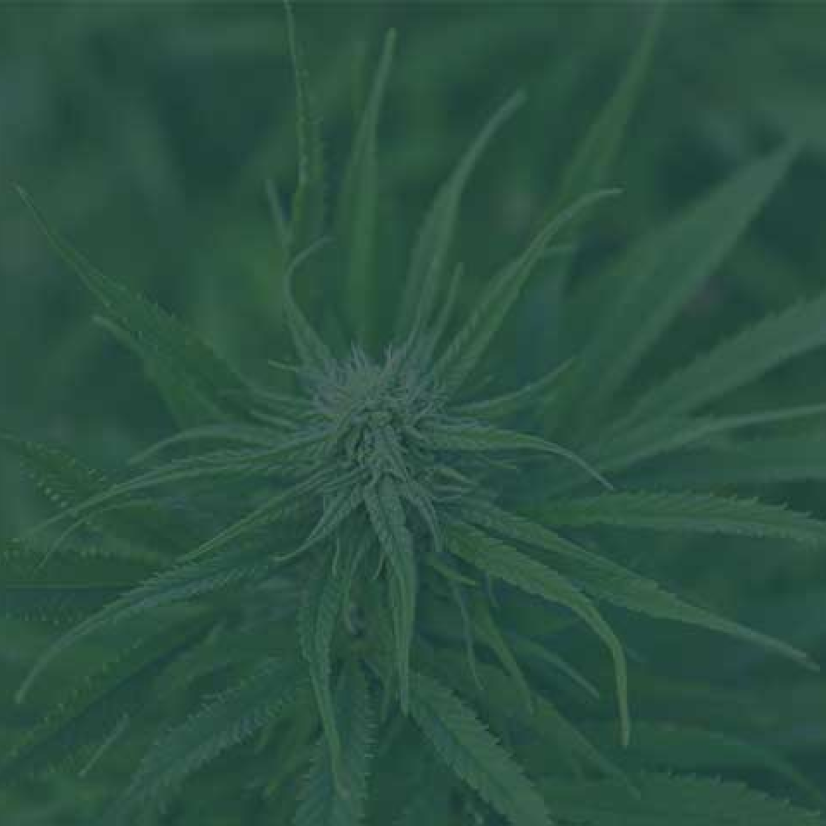Nature’s Perfect...
Why Hemp Oil Is the Most Balanced Plant-Based Omega Source When it comes to plant-based nutrition, balance is everything....
Hemp Plastics
1. Sustainability: Hemp is a fast-growing plant that requires minimal water, pesticides, and fertilizers to thrive. It can be grown in a variety of climates, making it a sustainable option for plastic production.
2. Biodegradability: Unlike conventional plastics that can take hundreds of years to decompose, hemp plastics are biodegradable. They break down into organic matter when disposed of properly, reducing environmental pollution.
3. Versatility: Hemp plastics like bioplastics, biopolymers, and biocomposites are 3.5 times sturdier and 5 times stiffer than typical plastics. They are also 30% lighter than polypropylene materials.Hemp seed oil & hemp hurd can be used to produce a wide range of plastic products, including packaging materials, containers, automotive parts, and even 3D printing filaments. These plastics can exhibit properties similar to traditional plastics, such as durability and flexibility.
4. Reduced Carbon Footprint: Bioplastics can reduce carbon emissions by 30-70% compared to conventional synthetic plastics.The cultivation of hemp absorbs carbon dioxide from the atmosphere, helping to mitigate climate change. Additionally, the production process for hemp plastics typically generates fewer greenhouse gas emissions compared to petroleum-based plastics.

